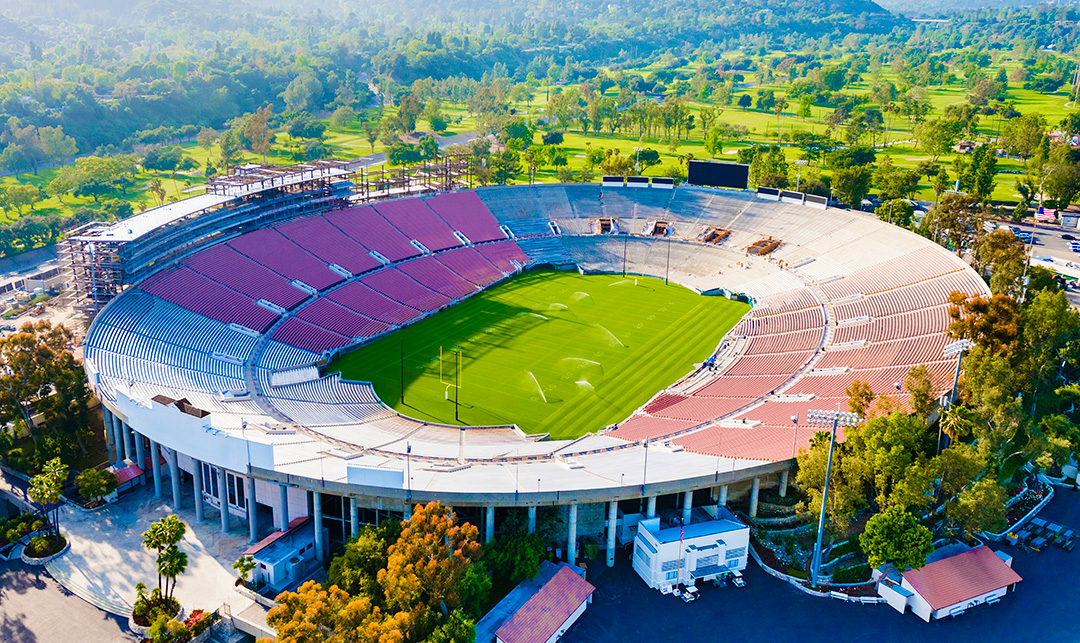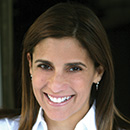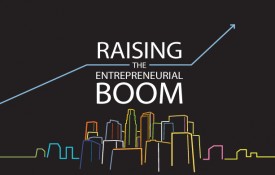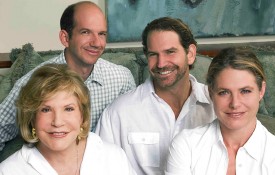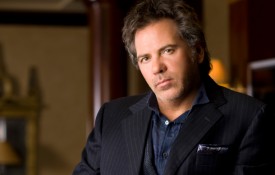If you’re a fan of a professional sports franchise whose name begins with the words “Los Angeles,” you often get a bad rap from fans in other cities. LA fans, they say, don’t care about their teams. They’re laid back. They go to games just to be seen.
Those claims couldn’t be further from the truth, but they’re the subject of much debate as the National Football League considers if, when, and how to re-enter the Los Angeles market after a 20-year absence.
Let’s consider the facts.
Our History
Perhaps no community in the world can match the greater Los Angeles area for the breadth and depth of its rich sports heritage, one that includes hosting two Olympic Games, both the men’s and women’s soccer World Cup, seven Super Bowls (including the first one, at the Coliseum) and countless other championship-caliber events in virtually every sport. According to a 2013 study commissioned by the Los Angeles Sports Council, 18 million tickets are sold to LA-area sporting events each year, a total unmatched by any other city in the United States.

Our Diversity
Los Angeles is a city of transplants. As Mayor Eric Garcetti is fond of pointing out, there are 39 countries—ranging from Iran to Belize to South Korea—whose largest expatriate populations reside in Los Angeles. Ninety-two languages other than English are spoken in our public schools. An estimated 40 percent of Los Angeles residents are foreign born, and a significant portion of the other 60 percent were born in other states.
It is fitting that in a city where most residents came from somewhere else, most of our professional sports teams moved here from someplace else, too.
Our Teams
The NFL’s Rams led the parade, becoming the first pro franchise to set up shop in Southern California, relocating to Los Angeles from Cleveland back in 1946. They were later followed by Brooklyn’s Dodgers in 1958, Minneapolis’ Lakers in 1961, Oakland’s Raiders in 1982 and San Diego’s Clippers (the former Buffalo Braves) in 1984. Sure, the Rams and Raiders eventually moved away again, to St. Louis and Oakland, respectively, but with a local populace who comes and goes, too, we can relate.
Additionally, in a market with eight professional teams, loyalties are divided. But fans care deeply about their favorite teams. We can’t be fairly compared to places like Pittsburgh, Cleveland, or Green Bay, where there are fewer franchises for fans to rally behind.
Our Challenge is our Opportunity
I’ll be the first to admit that in Southern California a sense of community identity can be hard to come by. Los Angeles area residents don’t share a common urban environment the way people in cities like New York, Chicago, or Boston do. We’re spread out, from the beach to the mountains to the desert. Los Angeles County alone contains 88 incorporated cities—and that’s in addition to Los Angeles itself. It’s not unusual for a family to live in City A while Mom works in City B and Dad in City C.
But sports cut through this geographic clutter. Sporting events are part of the fabric that traditionally binds LA’s complex economic and ethnic landscape. When we host a major event or when one of our teams is competing for a championship, we feel a sense of pride, participation, and shared experience with our neighbors that is otherwise rare in Los Angeles. In a significant way, such events help us to become a closer and stronger community.

Our Future
Currently there are three NFL teams – the Raiders, Rams, and San Diego Chargers – considering plans to relocate to the Los Angeles area. It’s interesting to note that each has called Los Angeles home at one time. The Chargers played their first season here in 1960 before moving to San Diego; the Raiders played in Los Angeles from 1982-94 and the Rams from 1946-94.
As of this writing, I don’t know when or if the NFL will decide to grant permission for a team to relocate to Los Angeles. But when that day comes, the new team—or teams—will be warmly welcomed by enthusiastic fans, like each of their predecessors. Los Angeles, perhaps more so than any other major U.S. city, welcomes its transplants, both citizens and sports teams alike, with open arms. A message to all of you considering a move: Join us!
In addition to her professional role as president of business affairs at WME|IMG, Karen Brodkin serves as chair of the board of The Los Angeles Sports Council. The Los Angeles Sports Council encourages economic development by bidding against other cities for the right to host major sporting events, often staging or helping to stage events after successful bids.
The Sports Council has played a significant role over the past 25 years in attracting a long list of elite sporting events with a combined economic impact of more than $1B. Those events range from the 1993 Super Bowl—the last to be held in the Los Angeles/Orange County area—to this summer’s Special Olympics World Games, the largest event Los Angeles has hosted since the 1984 Olympic Games.






































